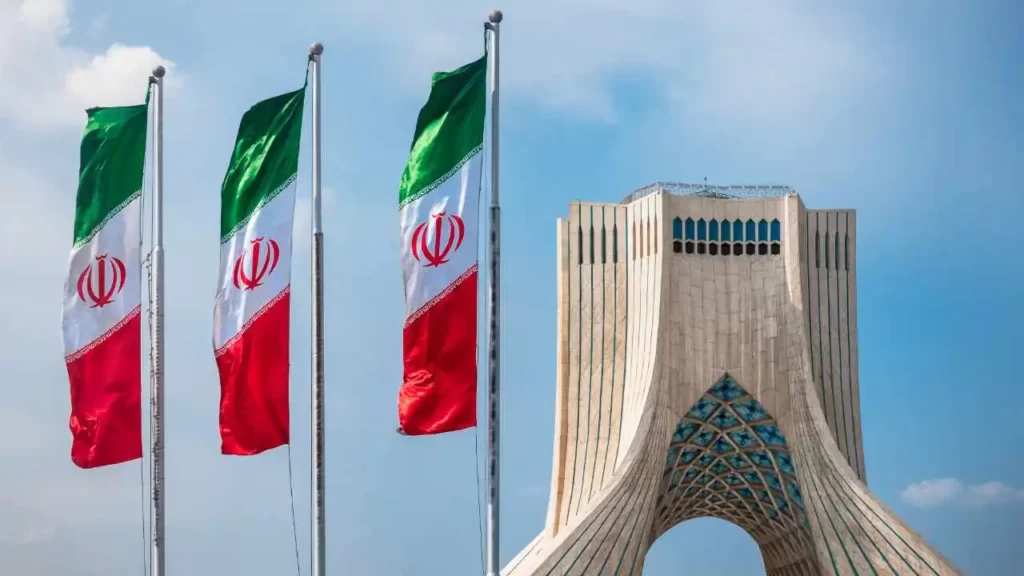Iran has been compelled to adopt crypto as a means of exchange for international trade agreements as a result of ongoing economic sanctions against the Islamic regime.

Iran has made its first international import order worth $10 million in cryptocurrencies, according to a top government trade official, despite being subject to decades of economic restrictions.
Alireza Peyman-Pak, Iran’s deputy minister of industry, mine, and trade announced on Twitter on August 9 that the Islamic Republic has placed its first import order using cryptocurrency.
Peyman-Pak stated that the $10 million order represents the first of many international trades to be settled with cryptocurrency, with plans to ramp this up over the following month, even though the official withheld any information regarding the cryptocurrency used or the imported goods involved. He noted:
“By the end of September, the use of cryptocurrencies and smart contracts will be widely used in foreign trade with target countries.”
Iran was the nation with the highest sanctions up until February of this year. According to Trading Economics, Iran imports the majority of its goods from China, the United Arab Emirates (UAE), India, and Turkey.
However, as a result of its invasion of Ukraine earlier this year, Russia now has the title of the most-sanctioned country in the world.
The Islamic country started preparing for the adoption of cryptocurrencies in 2017. It revised previously published regulations to permit cryptocurrencies to be used for funding imports in October 2020.
Iranian miners received 30 operating licenses from the Iranian Trade Ministry in June 2021 to mine cryptocurrencies, which must subsequently be sold to Iran’s national bank. Iran is currently paying import bills with the currencies it created.
Iran was also considering a central bank digital currency (CBDC) based on the Hyperledger Fabric protocol in February as a way to upgrade its current financial system. Only the Central Bank of Iran (CBI) is authorized to mint CBDC tokens and has complete control over the maximum token supply. A pilot version of a CBDC known as “crypto-rial” is said to have been introduced in July.
